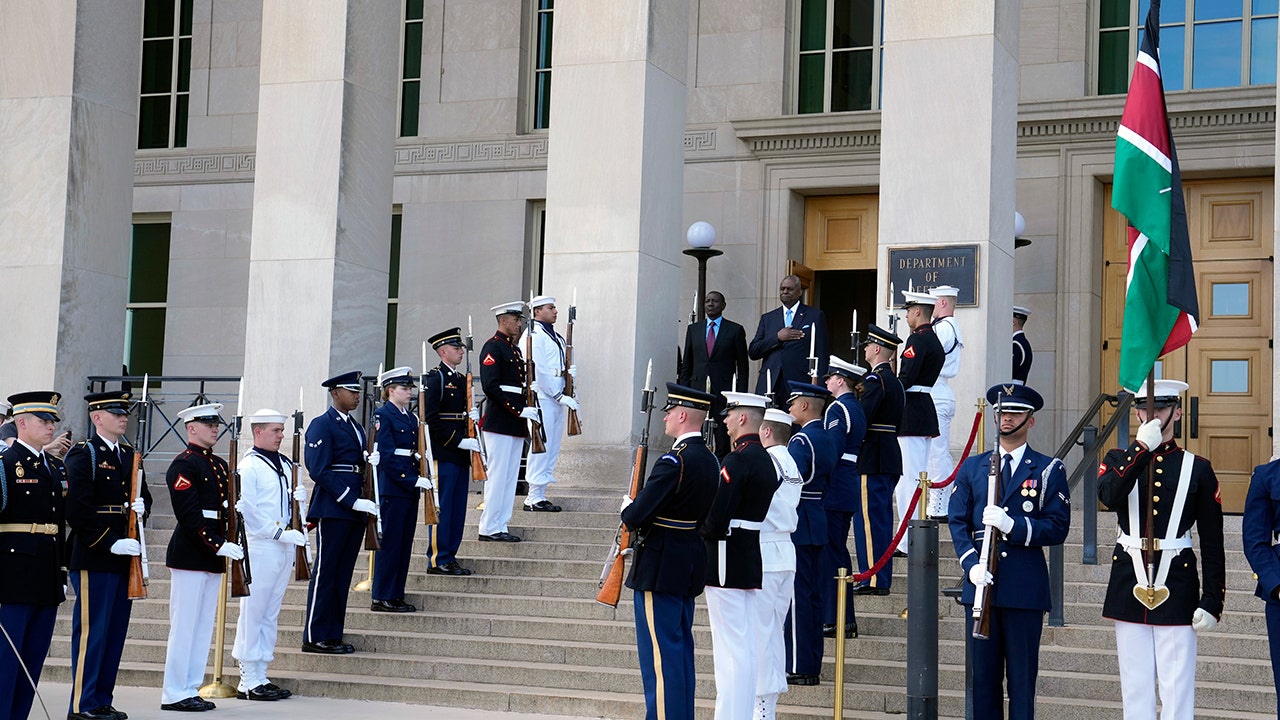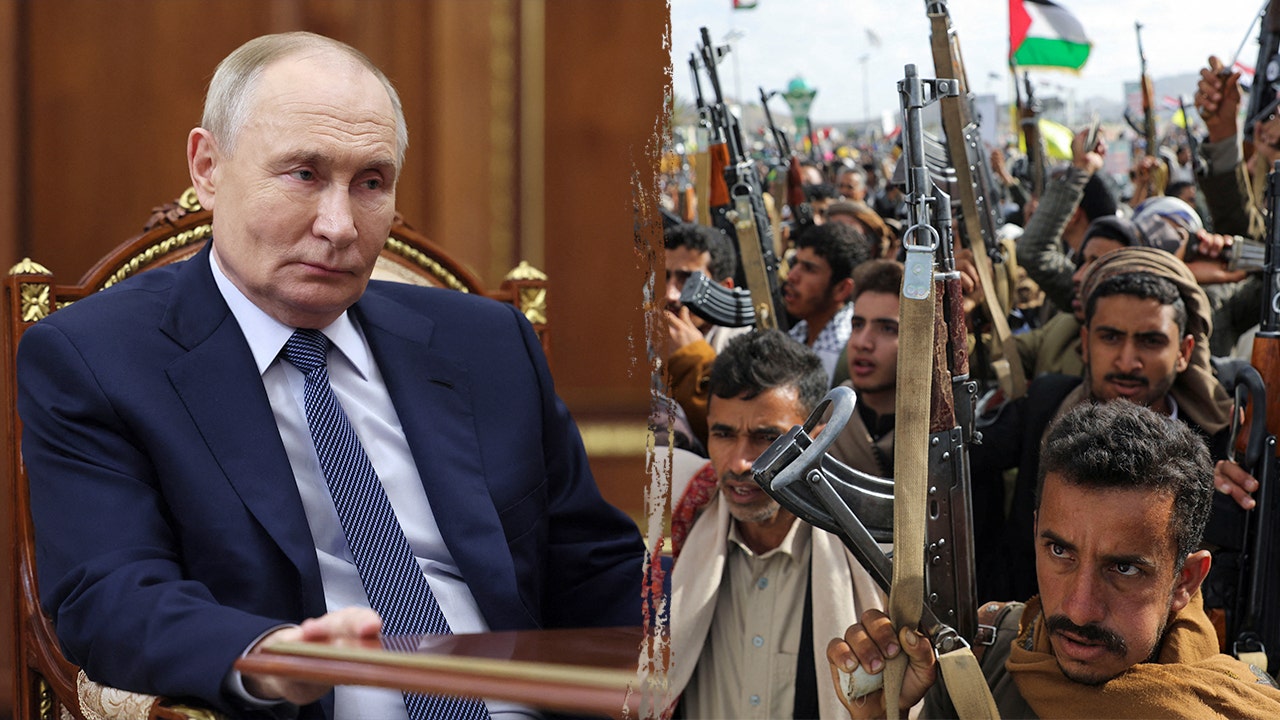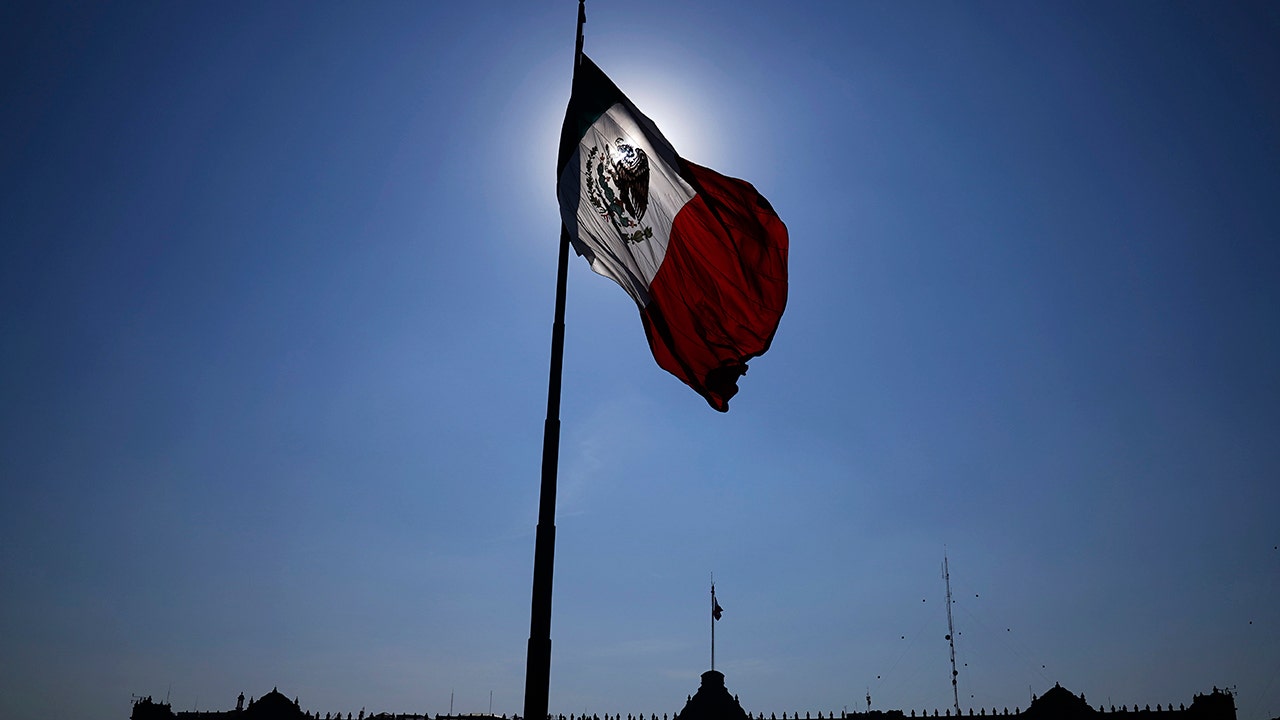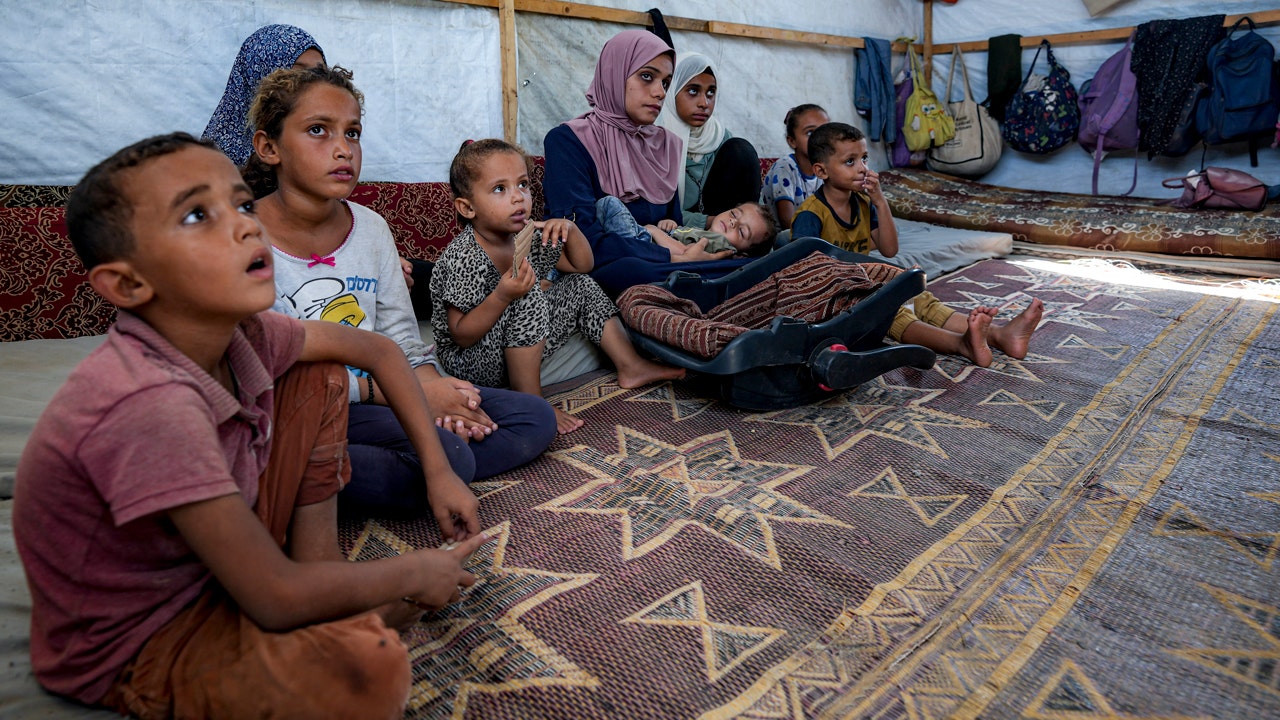They could not worship freely. The authorities denied their very existence and razed evidence of their historical communities. Then came a campaign of ethnic cleansing that forced them to flee to a foreign country where they crowded into bamboo-and-tarp shelters. There they have waited years for a better life.
Instead, a new threat is stalking the roughly one million Rohingya Muslims from Myanmar who have resettled in refugee camps in Bangladesh: a surge in deadly violence from some of their own people.
Armed Rohingya groups and criminal gangs involved in the drug trade are so entrenched in the camps, aid groups and refugees said, that they are known as the “night government,” a moniker that signified their power and the time that they typically operated. In recent months, they have become more brazen, terrorizing their fellow Rohingya and battling one another in gunfights in broad daylight as they fight for control of the camps.
The escalating violence has become another scourge in the camps, which were already rife with disease and malnutrition, and prone to floods and landslides. Doctors working in the camps say that the number of gunshot wounds they are treating soared in the past year. Accounts in local news media show the number of killings in the camps doubled to more than 90 over the same period. Abductions increased fourfold.
“Security is now our number one concern in the camps,” said Sumbul Rizvi, who represents the United Nations High Commissioner for Refugees in Bangladesh. By the agency’s count, so-called serious security incidents have nearly tripled in the past year, prompting more and more Rohingya to take treacherous boat journeys to flee the camps.
In interviews, residents of the camp widely accused the local police of being ineffective, complicit, or both.
Police officials reject those complaints.
“The security situation is totally under control,” said Mohammad Abdullahil Baki, the deputy inspector general of police in Cox’s Bazar, who is in charge of the Rohingya camps.
But that assessment does not align with the situation in the camps.
One afternoon last April, a resident of the camps heard gunshots and had a sense of foreboding. “I felt blood rushing to my head,” S.R., whom The New York Times is identifying by only his initials to protect his safety, recently recalled in a house outside the camps.
S.R.’s intuition was right. His father, who was playing with some children in a nearby tea shop, had been fatally shot in the throat.
The gunmen, he said, belonged to the Arakan Rohingya Salvation Army, or ARSA, which was unhappy that his father, a camp liaison to the Bangladeshi government, assisted victims and shared information about the groups, including ARSA.
Like the Rohingya Solidarity Organization, or R.S.O., the other main armed group operating in the camps, ARSA has its roots in opposing the junta in Myanmar.
In interviews with more than a dozen refugees, some were afraid to utter the names of the two groups. Even away from the camps, they lowered their voices and referred to the groups by the length of their acronyms: the “four-letters” and the “three-letters.”
They said members of the groups beat, kill, kidnap, rape and extort them for money they don’t have — claims that both groups deny.
While the number of armed groups is hard to pin down, analysts believe there are between five and 15 more or less well-organized groups and gangs operating in the camps now. Most are allied against ARSA, which has lost significant ground over the past year.
R.S.O. was started in the 1980s and lay dormant for years before re-emerging after the 2021 coup in Myanmar. By then, ARSA had become known for abuses against its own community in the refugee camps.
It was ARSA’s attacks on Myanmar security forces in 2016 and 2017 that were used as a pretext for a violent security operation that killed at least 24,000 people and forced hundreds of thousands of others to flee across the border into Bangladesh. The United States has accused Myanmar of committing genocide against the Rohingya.
ARSA, initially known as Harakah al-Yaqin, or Faith Movement, had vowed to liberate the Rohingya people from oppression in Myanmar when it emerged in 2013. Now both ARSA and R.S.O. are trying to force their own people under their control.
“There is a disconnect between what these groups say and what they are doing on the ground, particularly when it comes to ARSA,” said Thomas Kean, an analyst with the International Crisis Group, a think tank. “There is little incentive for them to fight when they can instead stay inside Bangladesh territory, control the camps and make money from illicit activities such as trafficking drugs.“
Bangladesh prohibits Rohingya refugees from working and moving freely. Their predicament has been made worse by the decline in international funding for the Rohingya crisis, with current levels of aid equating to roughly 30 cents a day per refugee.
“Most people don’t want to get involved in these groups or their activities, but if the alternative is for their family to go hungry, then some will feel like they have little option,” Mr. Kean said.
Fortify Rights, a rights group, said that by its count of reports in Bangladeshi media, killings in the camps doubled to more than 90 in 2023 from the previous year. In the first eight months of 2023, the number of gunshot wounds treated by Doctors Without Borders had already doubled from 2022.
“Arms have become a lot more visible in the camps over the past year,” said Wendy McCance, country director of the Norwegian Refugee Council.
Her teams have seen them firsthand. A government building in the camps that some of them were in was locked down last year after armed men entered it.
Now, when Ms. McCance lobbies to fortify schools and learning centers, she worries not just about flash floods but also bullets.
In the camps, Rohingya women said gunmen have pushed their conservative Muslim ideology on them and pressured them to dress conservatively and not work.
One woman, who asked not to be identified over safety concerns, said she believed her husband worked with ARSA. He was also angry with her, she said, because she was making money sewing clothes. One night he became so violent that he bit her breast and she had to get a tetanus shot. She has also found herself caught in the middle of gang rivalries.
For Ms. McCance, the situation in the camps was predictable. “Restrict the movement of one million people, and they will find ways to release pressure. You can’t just keep people cattled, surrounded by wire and CCTV,” she said.
One man, who also asked not to be identified for fear of his safety, said he had been warned several times to stop his human rights work in the camps.
Then he and his family members were attacked, leaving his brother with gunshot wounds and his father hospitalized. The man said he had tried to talk his younger compatriots out of taking up arms.
“As long as Bangladesh is sheltering us, we need to abide by the law,” he said.






